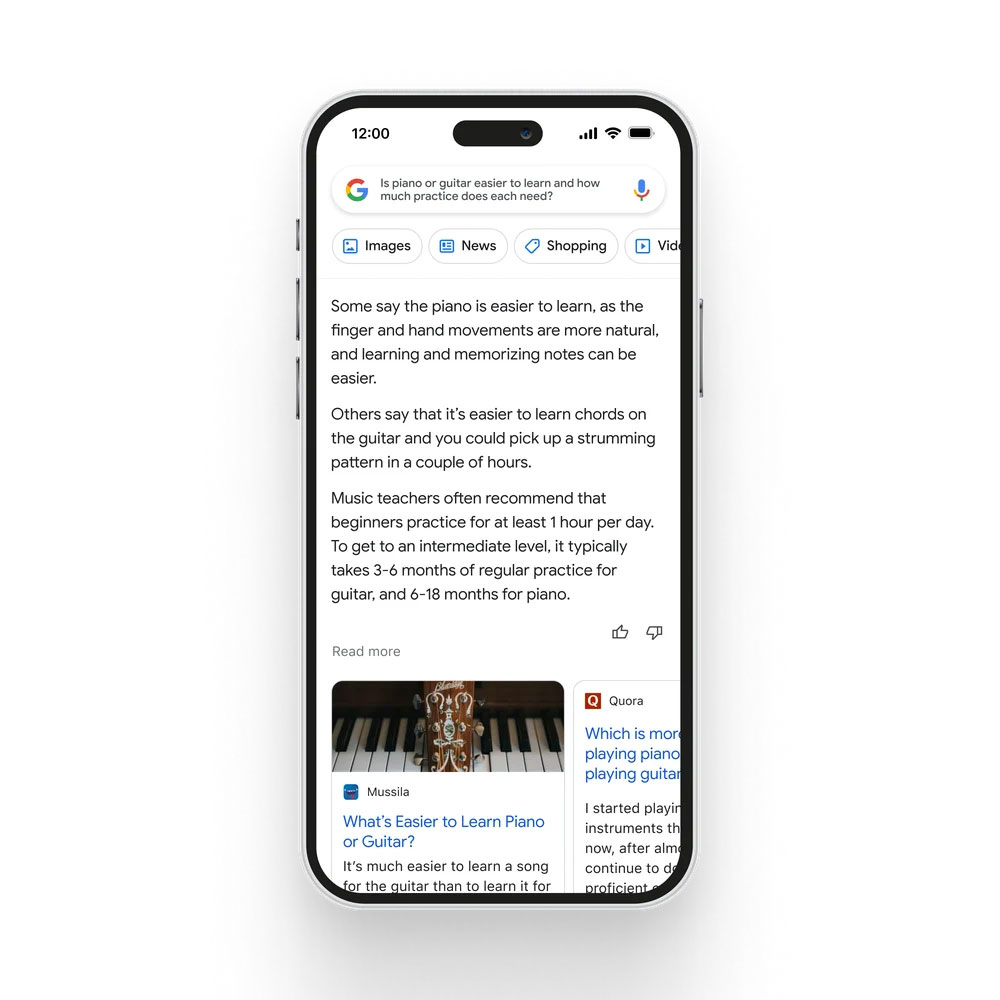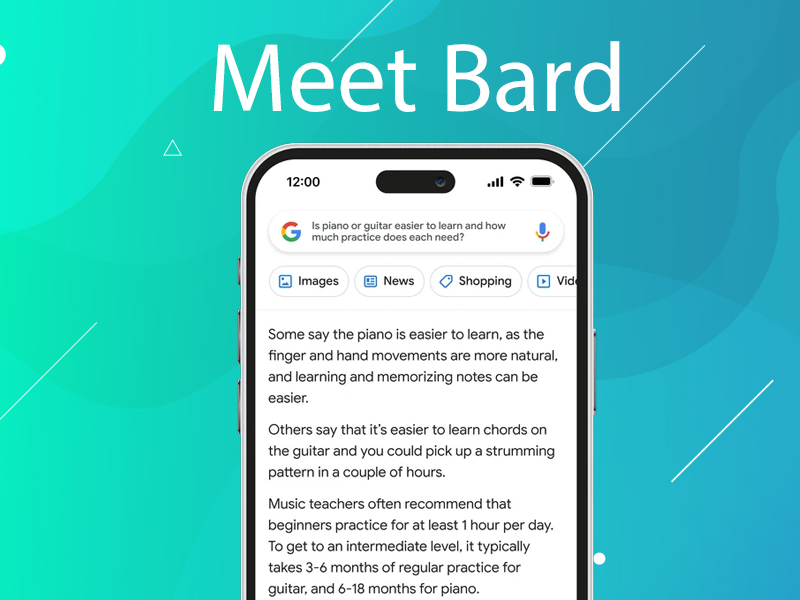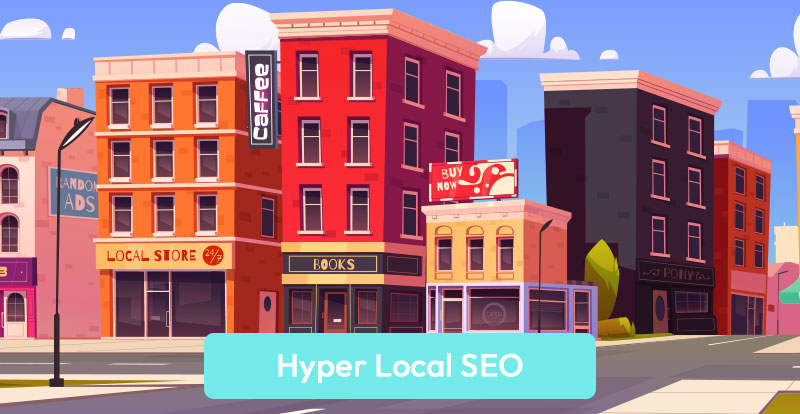Yesterday, Google announced Bard - their competitor to ChatGPT (which is now part of Bing). Bard is an AI chatbot just like ChatGPT that will be integrated into Google’s search results. We’ve been thinking of each as more of an “answer engine” rather than a traditional search engine or simple chatbot. You can see an example in the image below:

So far, this is our clearest insight into the changes that Bard will bring to search results. Bard is still in closed beta so we have no idea what it will be capable of or how Google intends to use it within its products. With ChatGPT being open to the public, we’ve been able to play around with the impressive technology. While it’s been helpful in some places, it’s not infallible.
With Google’s search results changing so much over the years, SEO’s have already been on edge. This is potentially one of the biggest changes added ever.
My Bard SEO Predictions
Going off of the image Google shared, I can see how this may impact informational websites the most. If I can type in any question and have it thoroughly answered without having to navigate away - then I have no reason to click on a website.
From a user's point of view, this is great. I want my answers fast and I don’t want to have to dig for it so spoonfed is amazing.
For those who manage and run regular information websites (blogs), this could be bad. Especially for affiliate marketers who rely on SEO alone. To be honest, I’m not sad about that. That industry is flooded with poor-quality sites. There are review sites that review products and never actually tried the product. There are recipe sites that have a book of content written before the recipe. The list goes on and on and on.
But then that means those publishers might not make content and abandon the business model. Again, that’s probably good in most cases but that also opens Google up to competition from someone who allows those publishers to flourish. And, if publishers stop or block Google, then Google loses a huge source of information and then the answers it gives will also suffer.
I’m sure Google has some smart people over there working on how to properly balance informational-type content publishers and making sure it’s still worth it for them to continue operating.
I do not see this impacting e-commerce or service providers for most searches. It might if the search is for something like “best web design company in Philadelphia”, which is us btw 🙂 I could see Bard compiling a list based on review sites, which are pay-to-play so it’s not even legit. Otherwise, Google will want to show their Ads and send people to the correct website in order to have the most accurate results. Showing their Ads is a main source of their revenue so I can’t see them messing around with this without doing it in a smart way.
What I’d like to see with Bard
- Citations! The screenshot they posted gave no attribution to where they got the answer. I understand it might be complicated and involve many sources, but I’m sure they can figure something out. This makes sure that at least some of the websites get traffic from this.
- A balanced approach on when to show Bard answers. I think this is more of an ethical and moral concern. They are using other people’s work to generate content and they should allow those people to gain from it.
- Death to crappy content sites. For years, the top results of Google have been littered with AI content, fake content, and bad content. Please please please train Bard to filter these out.
Questions we’ve gotten about Bard
What happens if the AI answer is bad?
Good question. I have no idea - I guess scroll down for website results?
How drastically are things going to change and when?
Soon. It could be a monumental negative change for bloggers and publishers of informational websites. Otherwise, we have to wait and see.
Is it worth paying for technical SEO?
Yes, all search engines value a properly made website because it provides a better experience for the user.
Should we continue pumping out articles month after month?
Generally speaking, yes. Write content & make stuff for humans, not robots — make it so good that other people link to you.



